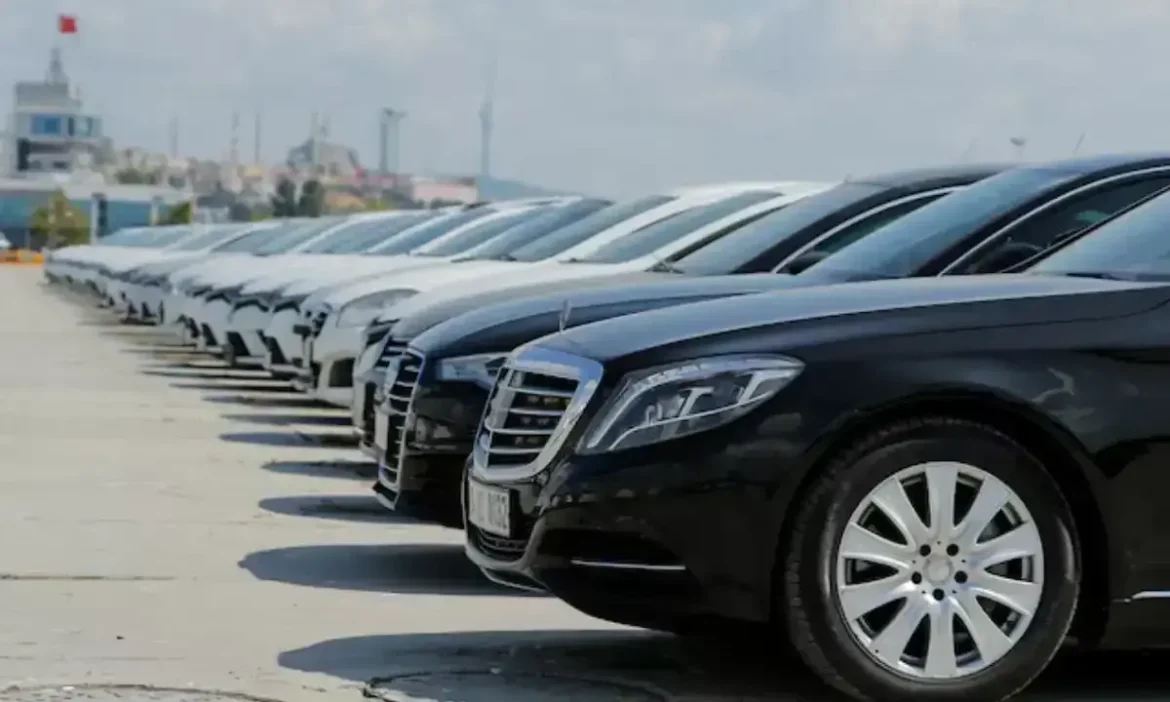The Economic Coordination Committee (ECC) of the Cabinet, chaired virtually by Finance Minister Muhammad Aurangzeb from New York, approved key policy measures to allow the commercial import of used vehicles for the first time under a regulated framework.
According to a statement issued by the Finance Division, the ECC approved amendments to the Import Policy Order, 2022, to permit commercial import of used vehicles, initially limiting eligibility to vehicles not older than five years. This restriction will remain in effect until June 30, 2026, after which the age limit will be removed.
The decision marks a significant shift in Pakistan’s auto import policy and is aimed at increasing consumer choice while ensuring adherence to international environmental and safety standards. The ECC emphasized that all imported vehicles must meet prescribed regulations.
To regulate inflows and discourage indiscriminate imports, the ECC also imposed a 40% Regulatory Duty (RD) on commercial imports of used vehicles, in addition to existing customs duties. This RD will apply until June 30, 2026, and will then be phased out gradually by 10 percentage points each year, reaching zero by fiscal year 2029-30, as recommended by the Tariff Policy Board.
In a separate development, the ECC approved a Technical Supplementary Grant of PKR 800 million for the Pakistan Virtual Asset Regulatory Authority (PVARA), an emerging body tasked with overseeing the country’s digital asset and cryptocurrency landscape.
The meeting was attended by Federal Minister for Petroleum Ali Pervaiz Malik, Minister for National Food Security Rana Tanveer Hussain, Minister for Power Sardar Awais Ahmad Khan Leghari, along with senior government officials and secretaries from relevant ministries.
The policy shift is expected to impact the local automobile market, which has long been dominated by a few manufacturers, by introducing new competition and potentially improving affordability and quality standards for consumers.


